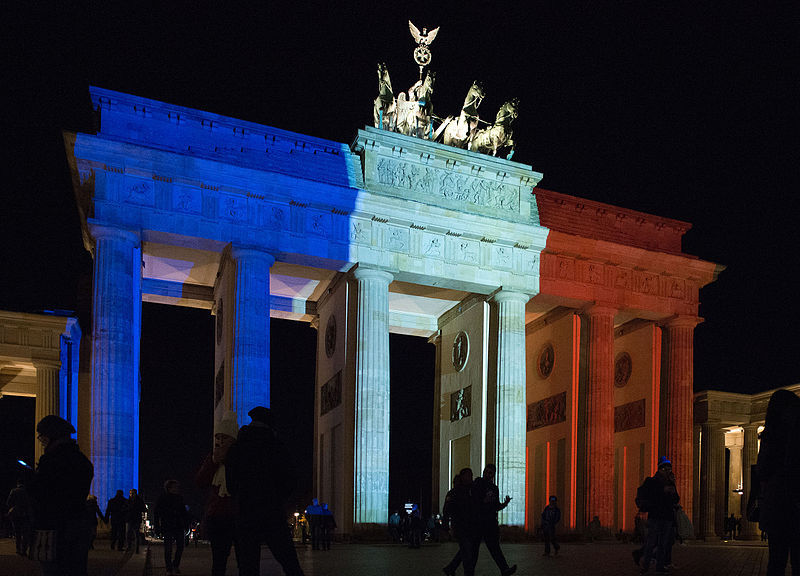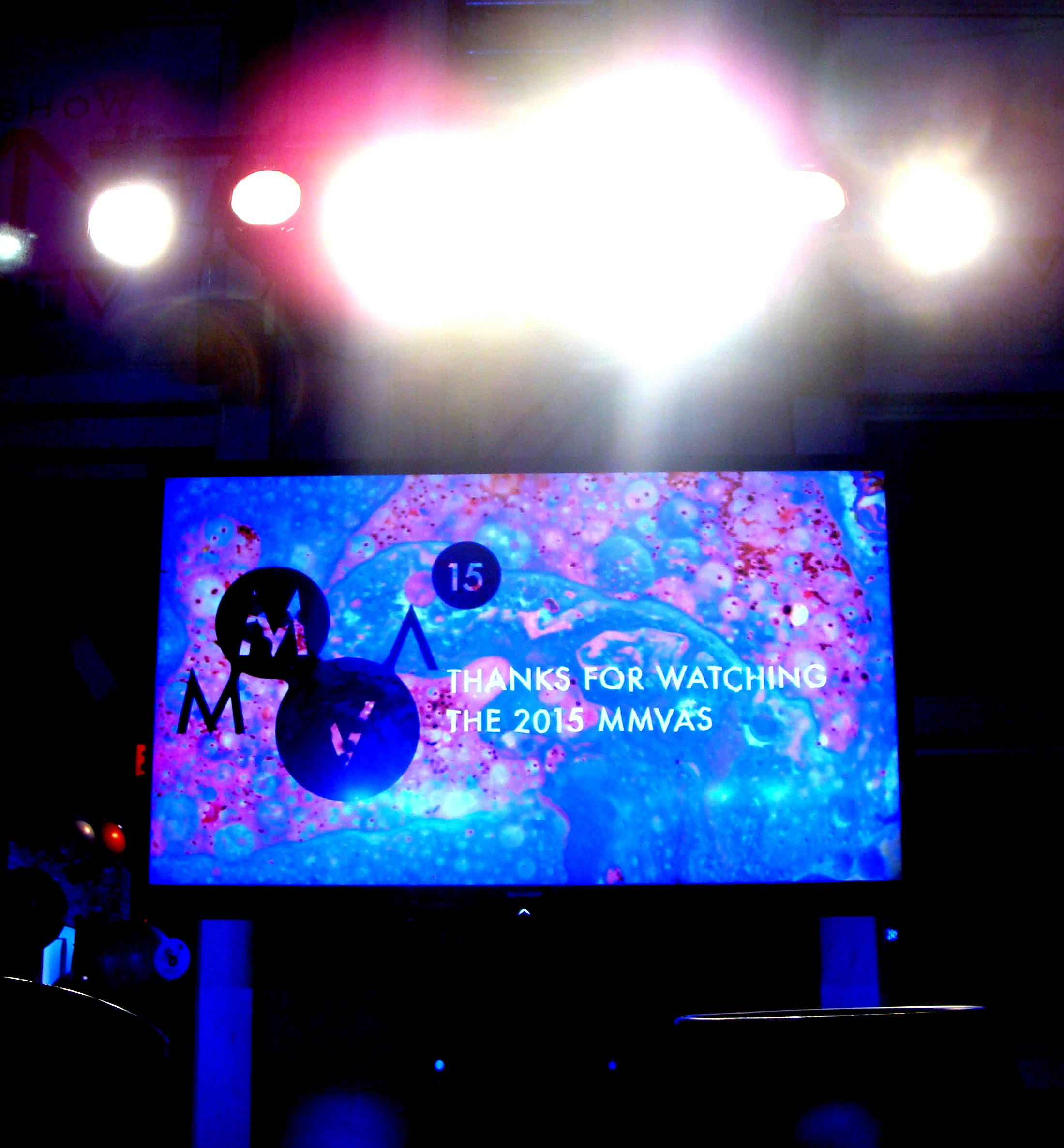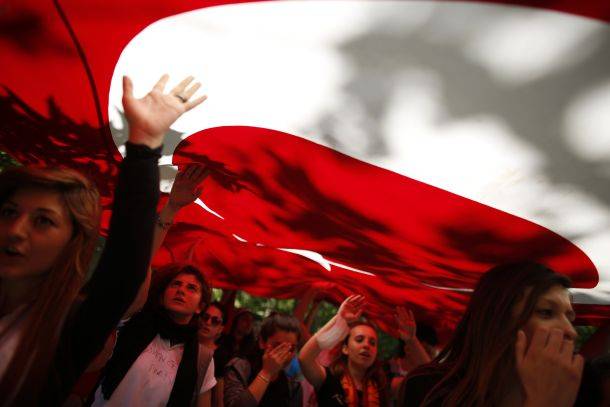Terrorist attacks in the past year in European Metropolitan areas like Brussels, Berlin, Paris, and most recently in London have made major news headlines, though can the public be really surprised or shocked over the tragedy in London a couple weeks ago? As sinister as this view may be, the reality is that terrorist attacks in North America and particularly Europe are becoming more frequent, flooding media outlets, and have even resulted in Facebook providing the option for users who live in proximity to these stricken areas to mark themselves as “safe” when an attack occurs. Features like this on social media should tell us something – terrorism is becoming normalized.
In recent years, Europe has seen an increase in the number of fatalities resulting from terrorist attacks, which includes the targeting of civilians, government officials, businesses, and media companies. As terrifying as terrorism is, events that shake up cities or even countries have become a part of societal expectations. Terrorism has shown that it is here, and isn’t going anywhere soon. There has never been a time where it’s easier to radicalize, mobilize, and organize to carry out an attack. It is reaching a point where terrorism is not a matter of if, but when. In other words, North America and Europe could become used to the attacks due to the number of terrorist attacks happening on a regular basis. Terrorism is reaching a point where it has simply become a part of life, and perhaps won’t be treated as the rare spectacle that it once was.
Over the past couple of years, North America and Europe continuously respond in the same way from the aftermath of a terrorist attack. People grieve over the losses and express their despair on social media by creating trending hash tags like “#prayforlondon”, watermarking profile pictures with the flags of countries that were attacked, with other countries even illuminating the flags of the countries that were attacked on their own famous landmarks. This is followed by public anger towards the perpetrators, the questioning of intelligence and police services, a debate between the left and right about immigration, security and liberty, and eventually the decline in news coverage on the atrocity. This continuous cycle of media coverage of terrorist attacks creates a sense of normalcy, leading to what researchers now call compassion fatigue.
It is expected to hear about attacks and death in places like Baghdad, due to the fact that the country is in the midst of a civil war, versus hearing about an attack in peaceful countries in Europe. As an example, the string of November 2015 Paris attacks targeting cafés, the stade de France, the famous Bataclan theatre, and other public venues received far more attention than suicide bombings that happened in Baghdad and Beirut that same day. In fact, when all three attacks happened within 24 hours of each other, and with responsibility claimed by ISIS for all the attacks, Facebook turned on the Safety Check option for those in Paris, but not for Baghdad or Beirut.

As terrorist attacks are expected to continue throughout the world, and even more so within NATO countries, there will eventually be a point where it is expected among the public, similar to the United Kingdom during the IRA bombings in the 1970s. The mayor of London, Sadiq Khan, acknowledged this reality after the 2016 bombing in New York City, saying that terrorist attacks are “part and parcel of living in a big city.” If the mayor of London says something like that in regards to terrorist attacks, he might as well mention the ageless phrase to ‘Keep calm and carry on’ as well.
Photo: Brandenburg Gate with French Flag (2015), by Sandro Schroeder via Wikimedia. Licensed under CC-BY-2.0
In- Text Photo: Tragedy World Map (2015), by Hanan Cohen via Flickr. Licensed under CC-BY-SA-2.0
Disclaimer: Any views or opinions expressed in articles are solely those of the authors and do not necessarily represent the views of the NATO Association of Canada.




